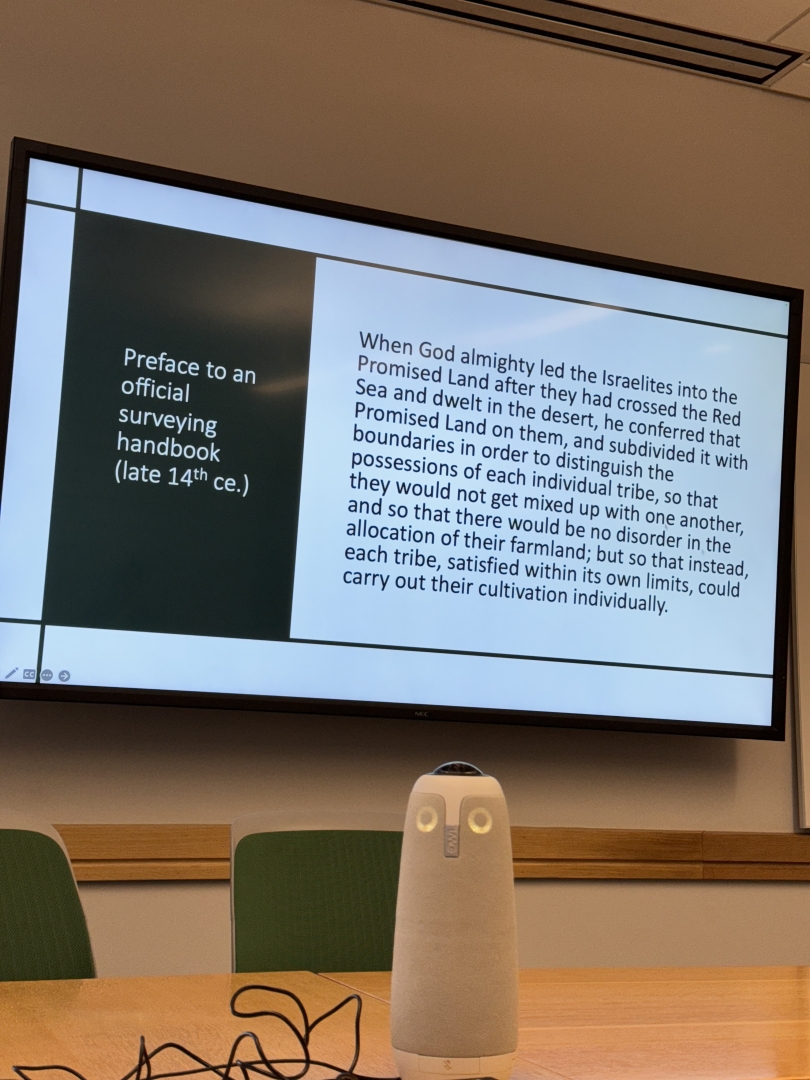
The Beauty of the Liberal Arts at Dartmouth!
At Dartmouth, the liberal arts serve as the cornerstone of our educational philosophy. The liberal arts encompass a wide range of disciplines, including literature, philosophy, mathematics, sciences, social sciences, and the arts. Rather than focusing on specialized training in a singular field, the liberal arts encourage students to explore diverse subjects, fostering a well-rounded intellectual foundation, while still maintaining depth in one (or more!) areas of focus. I wanted to write a blog about the Liberal Arts, because as an international student, I know it can be super unfamiliar and even seem daunting!
The liberal arts can be largely characterized by the opportunity and requirement to take classes in a wide range of disciplines, rather than simply studying one for your entire college career. For U.S. students who may not be aware, in most countries in the world, people sign up for a 'course' in a particular subject in advance of attendance, and will never take a class outside of that subject. At Dartmouth, in contrast, you not only take a wide range, but you are required to do so through the requirement to satisfy a range of 'distributives' associated with classes across subject-lines.
An example of the benefits of the liberal arts would be my own academic journey: I came here to do engineering, I now study economics, and yet I am currently taking a class about the history, theory, and present impacts of settler colonialism! It is classes like these that facilitate the growth of my intellectual curiosity in ways that I would otherwise never experience.

One of the primary advantages of a liberal arts education is the development of critical thinking and problem-solving skills. Dartmouth students engage in rigorous coursework that encourages them to analyze complex issues from multiple perspectives. This approach not only deepens their understanding of the world but also equips them with the ability to navigate ambiguity and solve real-world problems – skills that transcend any specific profession.
Dartmouth's commitment to the liberal arts extends beyond the classroom, fostering an environment where students are encouraged to engage with diverse perspectives and cultures. By studying a broad range of subjects, students gain a deeper understanding of the complexities of the human experience. This exposure cultivates empathy, tolerance, and a capacity to appreciate the richness of global diversity.
The liberal arts approach at Dartmouth emphasizes interdisciplinary exploration, breaking down the traditional silos between academic disciplines. Students have the opportunity to combine insights from various fields, fostering a holistic understanding of complex issues. This interdisciplinary approach mirrors the interconnected nature of the real world and prepares students to tackle multifaceted challenges in their future careers.


















